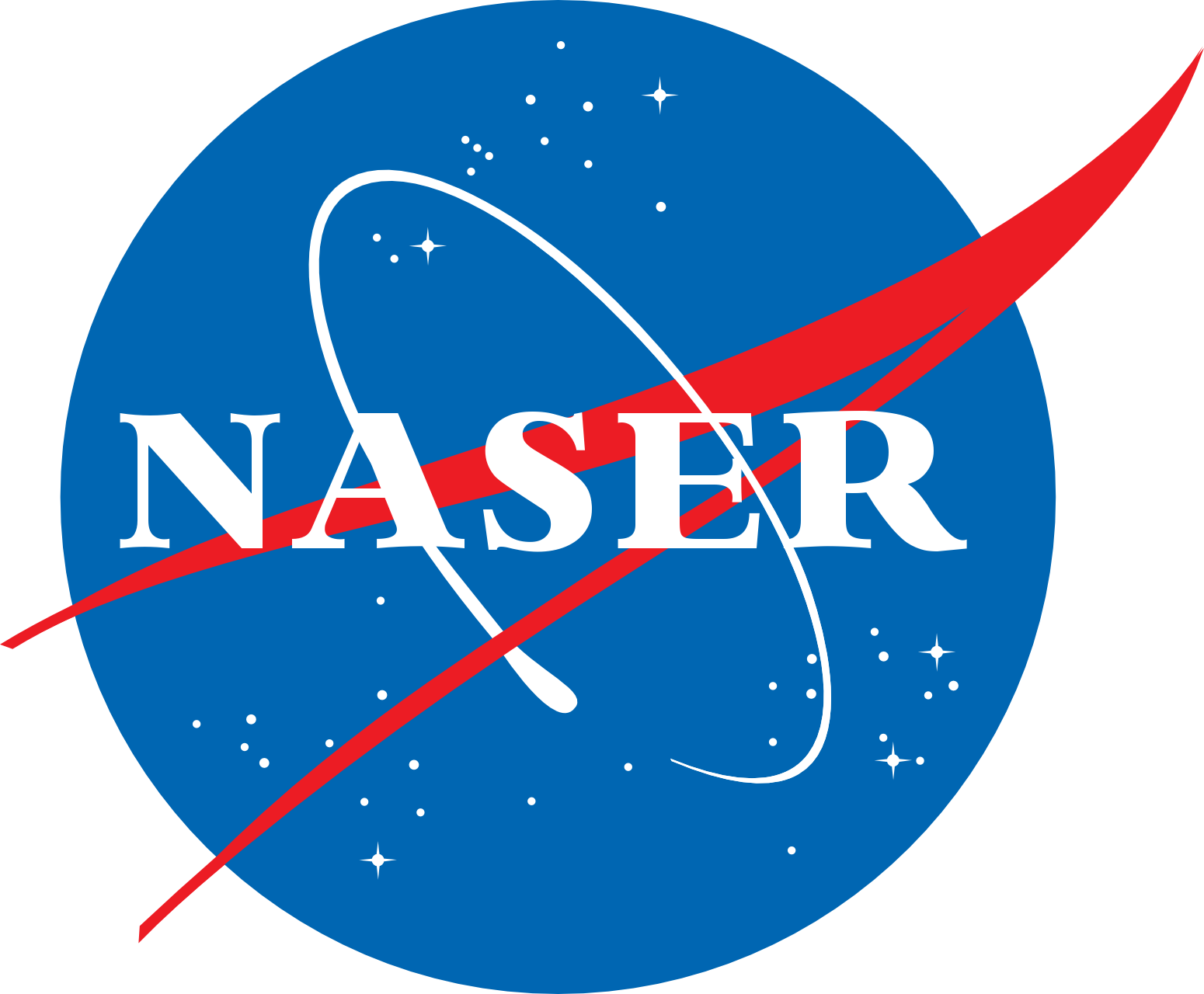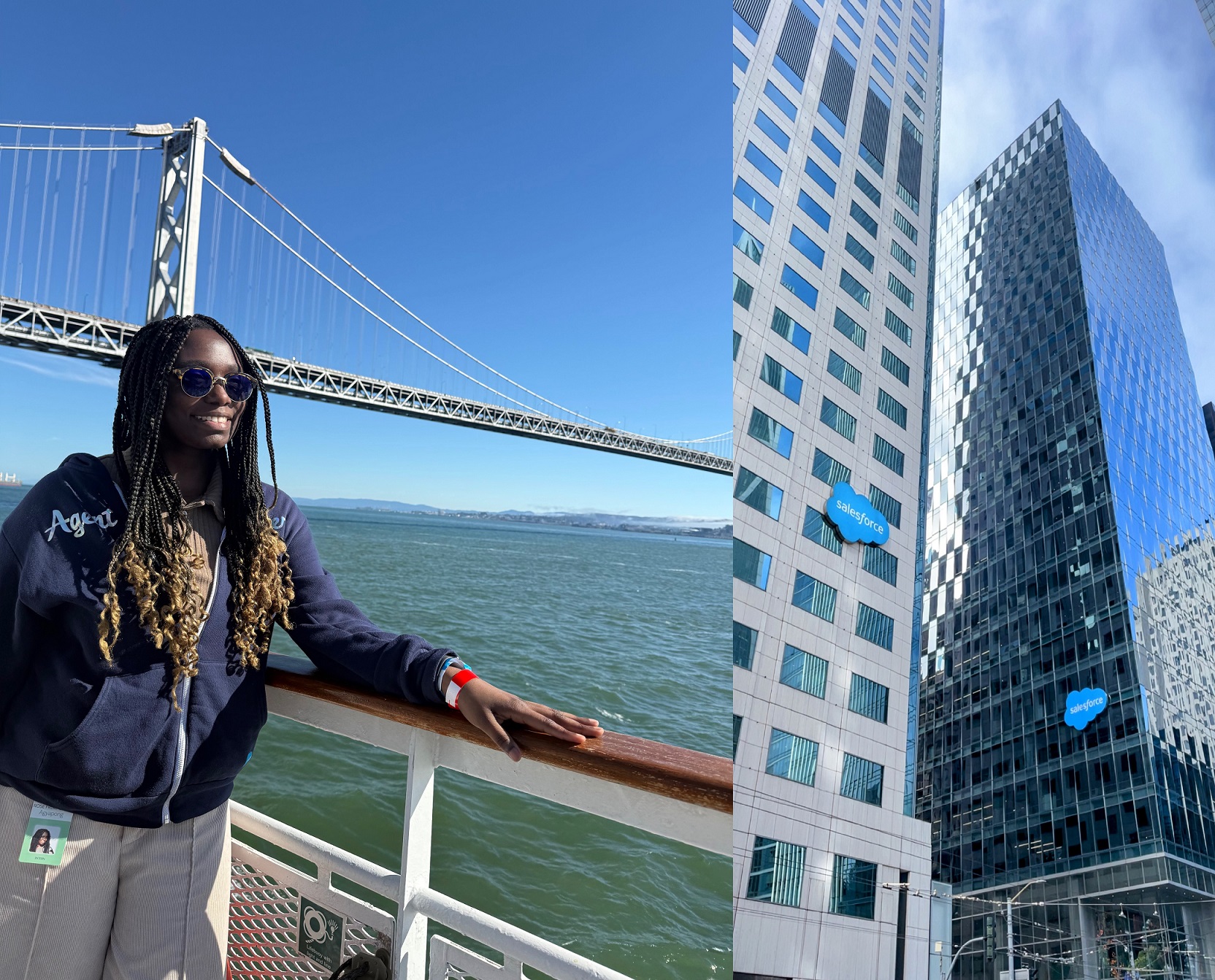From Discord to Full-Stack: Mickey Zhang's '27 Journey into Product Engineering
Written on November 7th, 2025 by Naser
Photo by Zhifei Zhou on Unsplash.
This post is part of a spotlight series highlighting the work of exceptional students and alumni. The series aims to facilitate knowledge sharing on topics such as internships, jobs, entrepreneurship, and graduate school.
Today, I have the pleasure of talking to Mickey Zhang ‘27 about his recent experience as a full-stack Software Engineer at Vizcom.
Can you tell us a little about yourself?
- Yeah, my name’s Mickey. A Questbridge Scholar and rising 3rd year student at Colby, studying computer science. I’m originally from China, but moved to Oklahoma when I was decently young.
Can you tell us about your role and responsibilities during your tech internship?
- I was a full stack engineer, our stack was React + Typescript + Styled for frontend, graphQL backend, typescript for the dataflow between front and backend, SQL for database migrations, and more nuanced things like urql (graphql client) that handles cache invalidation and optimistic updates so we didn’t use local states in our frontend.
- One of my biggest deliverables was probably a feature we were planning to release that involved having to use almost every one of the tools mentioned. The final PR touched around 40 files and 10k + lines changed.
- I also delved into product engineering where I would focus on product-centric deliverables. Some examples include tackling tickets on design requests or bugs on features that were flagged for testing. As well as refining user flow for existing features which would be like identifying anything that the user may feel is unintuitive, communicate that to design and hope they write a ticket for it.
How did you find this internship? And why did you choose it?
- I actually started chatting to the founder through discord, discussed anime and gaming. Afterwards, I just was like “yo can I come down and work for yall” and he said “yeah that’d be cool”… discord to internship pipeline.
- I was actually going for specific sorts of companies, I really admired platforms like Canva, Figma etc… where design and user-centric design was key to their successes. Then I stumbled upon smaller startups, tried to break into their communities (in my case Discord) and just found Vizcom to be a really nice fit.
Can you tell us about the interview process? And how did you prepare for it?
- Hilarious enough, one of the best things about startups is they don’t give any Leetcode types of questions. The process was mostly behavioral and a lot of chatting on Discord. But the most technical thing I did was go through some of my Projects on Github. Startups value individuality and personality over mindlessly grinding DSA. You should know the basics of course and they will often give take-home assignments, but the key to cracking those is more how well you can communicate your solution rather than how good your solution is.
How did the internship align with your academic studies at Colby, and did it provide any unique perspectives or insights?
- We’re not here to learn how to do one job, we’re here to learn how to think and live. Most importantly our main learning objective is to be prepared for the real world, to be flexible and thoughtful of our futures, that’s liberal arts.
What tips would you give students interested in doing an internship in the future but not sure where to start?
- FAANG are not the only companies in the world. In fact I’d probably rather work for a startup that has potential than a big name company. At my startup, I had the wonderful opportunity to run free through their codebase and doing anything I wanted to. And in turn, I learned so much just from experimenting and tackling tickets made for actual engineers. Whereas at a more formal internship program, good luck developing anything beyond proof of concept internal tooling that the internal tools team uses to develop internal tools for junior devs.
- While it may be obvious, LinkedIn is a great platform for scoping out companies and their personalities; whether it be their culture or any new innovations that you would like to contribute to.
- I’d say the best thing to do is explore and talk around, look up companies around where you would like to spend your summer and just start trying to break into these communities. Because I guarantee that most people would have a hard time thinking of more than 10 tech companies that are not FAANG.
- Don’t tunnel vision straight into Software Engineering and treat it as a universal source of truth. Make sure you’re looking at companies that align with your own morals and ambitions, specifically those that compliment the story your resume is trying to tell. Like if I were really interested in fintech, I’d go look at companies like Stripe Billing. You’re into productivity and management? Notion, Asana, Linear (my favourite) are all great options. In my case, I really want to break into the design industry (and succeeded) because I’m really into artistic endeavors. You’re more likely to succeed in an interview if you actually care and feel for the company you are interviewing at.
- On the same note, if you’re not having fun or not looking forward to tackling an issue that you queued up for yourself, you’re not at the right place. If you strictly work a 9-5 and don’t look at any code at any other time, that’s not going to cut it. I’m not saying work 14 hour days of course, but you should be fitting time in the day to balance the need to take care of your own wellbeing while also staying on top of your work. For example, the earliest I’ve drafted and reviewed a PR was like 7:40 am on the train to work. And the latest pushing almost midnight. It wasn’t like I was working excessive hours, but the problems I was trying to solve were so interesting that I hadn’t realized it was so late until I posted a review request in our Slack and noticed no one was online…
What do you know now that you wish you knew when you were a first-year student?
- People say you have time… you don’t have time. There are highschoolers that probably have a more impressive resume that are going for the same positions, same internships that you are. Earlier you start, the better.
- Also, slightly counterintuitively but, make time for yourself. Give yourself time to recharge your energy with activities you want to do because they mean something to you. Or try to find those activities if you haven’t already (I’m still trying to find them)

